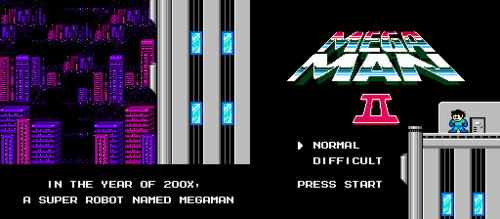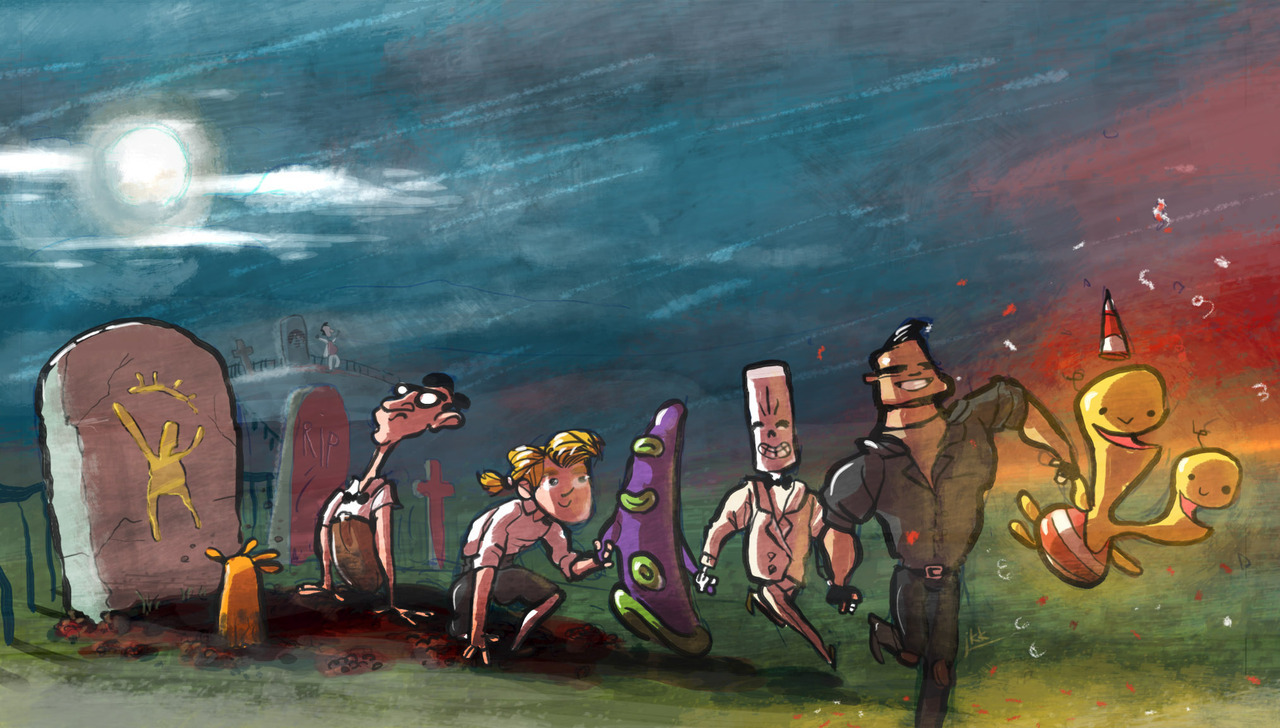It's one of the last days of this year and I have to say that bothering with a retrospective for this article did cross my mind a couple of times. But, instead, I'm gonna talk about game difficulty and how we've gone soft and have been treating the player as a little baby. Keep in mind, that I grew up in the middle of the SNES vs Genesis era and that may make me a little biased - a lot probably.
After watching a Teens React video about teens playing Megaman, I couldn't help myself but facepalm. The players were kind of expecting everything to be explained and pointed out to them, no matter how obvious, but mostly they were into this delusion that the game was going to allow them to make mistakes and not punish them for it. Even if this involved the task of comprehending a pattern of an enemy's projectile or movement, to devise a strategy against it. My main concern however, stood in the fact that given a controller of 4 buttons and a directional pad, the players didn't even bother to press all the buttons to see what they do.
As far as I'm concerned, Megaman sports one of the most common and widely celebrated setups for the NES Controller, and it is so, because it's highly connected to the logic of any player that has grabbed that kind of a controller in his lifetime. It really baffled me that some didn't know they could shoot. Still, the general consensus was that the game was unfair, though the players were complimenting themselves saying they did good for getting that far, when actually only one of them reached the boss of the stage. Something I did agree with the crowd, however is that I also find myself setting videogames' difficulty level to hard, and still being able to beat them.
As far as I'm concerned, Megaman sports one of the most common and widely celebrated setups for the NES Controller, and it is so, because it's highly connected to the logic of any player that has grabbed that kind of a controller in his lifetime. It really baffled me that some didn't know they could shoot. Still, the general consensus was that the game was unfair, though the players were complimenting themselves saying they did good for getting that far, when actually only one of them reached the boss of the stage. Something I did agree with the crowd, however is that I also find myself setting videogames' difficulty level to hard, and still being able to beat them.
As a gamer, I have this feeling that we're de-evolving skill-wise converting certain aspects in game genres towards a less interactive, more forgiving experience. While the introduction of cinematic elements in videogames is something I'm a huge fan of, both as a gamer and a designer, I feel like, in an attempt to grasp a bigger demographic, game design has ripped us of challenges to portray a weaker aspect, but not for the sake of story driven gameplay.
And that explains the success of titles created within smaller studios. Even if diametrically different, Hotline Miami, for instance, compared to Call Of Duty, is stylistic and more interactive, even if in comparison it's quite more unforgiving. But that's the addictive part in it. It beckons the player from the very beginning to think - hone his/her skills and strategies and upgrade them, in order to overcome the hurdles placed in front of him/her. It doesn't mess around; from the very beginning. It sports a sort of realism - a truth that this is not one of those games that will be beaten without effort. I correct my previous statement, it doesn't beckon, it demands that you become a better player. It gives you the possibility with its arsenal of tidbits to cut through its logic core. At the same time though, it disallows you to master it completely by ever-introducing new elements and forcing you to adapt to them again and again.
And that's proper game design in my book. This whole rant of mine isn't about the difficulty of a videogame - god forbid, a game doesn't have to be difficult to be entertaining. But it always has to remain challenging, like a wild horse. Otherwise what's the point, where's the pleasure?
Related @ Gnome's Lair:
Related @ Gnome's Lair:


















